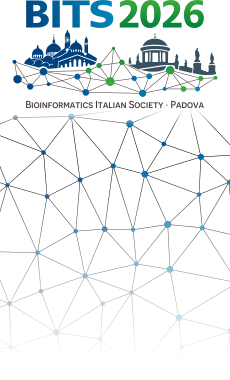meetings and workshops
The Italian Region-IBS is pleased to announce the 13-th biennial scientific meeting that will be virtual this year. The conference will provide an amazing opportunity to discuss the newest statistical methods, to exchange scientific ideas and to promote collaborations among members within our region and with other IBS regions, Italian societies and international initiatives.
La scuola AICS2021 riguarda i fondamenti della cristallografia ed è rivolta sia agli studenti ed ai ricercatori che approcciano per la prima volta le tecniche cristallografiche, che a coloro che già utilizzano la cristallografia e vogliono approfondire aspetti teorici di base. Chimici, biologi e fisici sono i principali destinatari della scuola.
Multi-omics analysis aims at extracting previously uncovered biological knowledge by integrating information across multiple single-omic sources. This workshop aims at investigating novel methodologies for providing crucial insights into multi-omics data management, integration, and analysis to enable biological discoveries.
This month: NORMAN DAVEY and GABOR ERDOS
The IDPfun consortium presents IDPfun webinars, a series of talks on Intrinsically Disordered Proteins. All our webinars will include a 20-minute talk by one of our Principal Investigators and a 15-minute talk by one of our secondees. Both talks will be followed by a Q&A session and the audience is warmly encouraged to engage in the conversation.
The IDPfun consortium presents IDPfun webinars, a series of talks on Intrinsically Disordered Proteins. All our webinars will include a 20-minute talk by one of our Principal Investigators and a 15-minute talk by one of our secondees. Both talks will be followed by a Q&A session and the audience is warmly encouraged to engage in the conversation.








